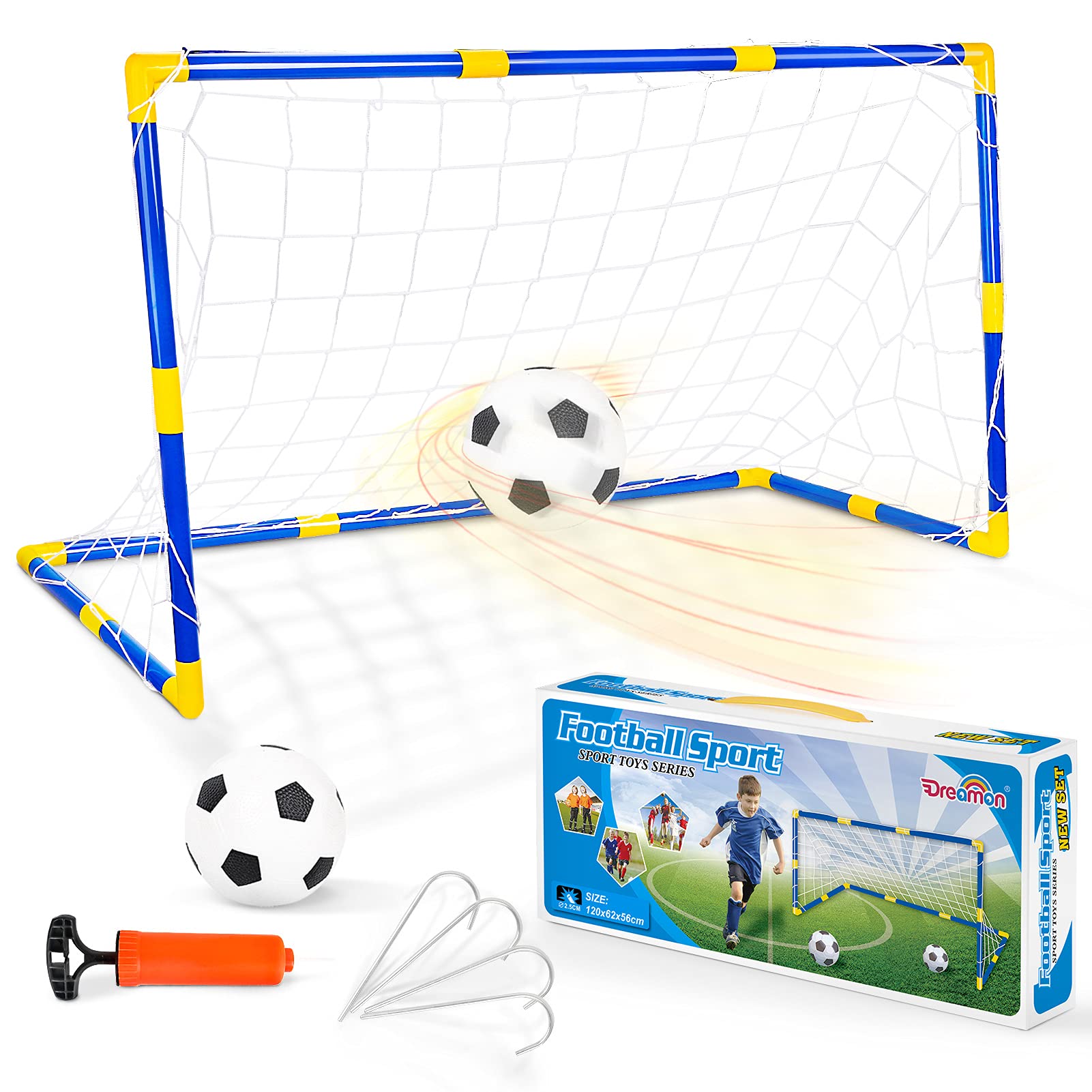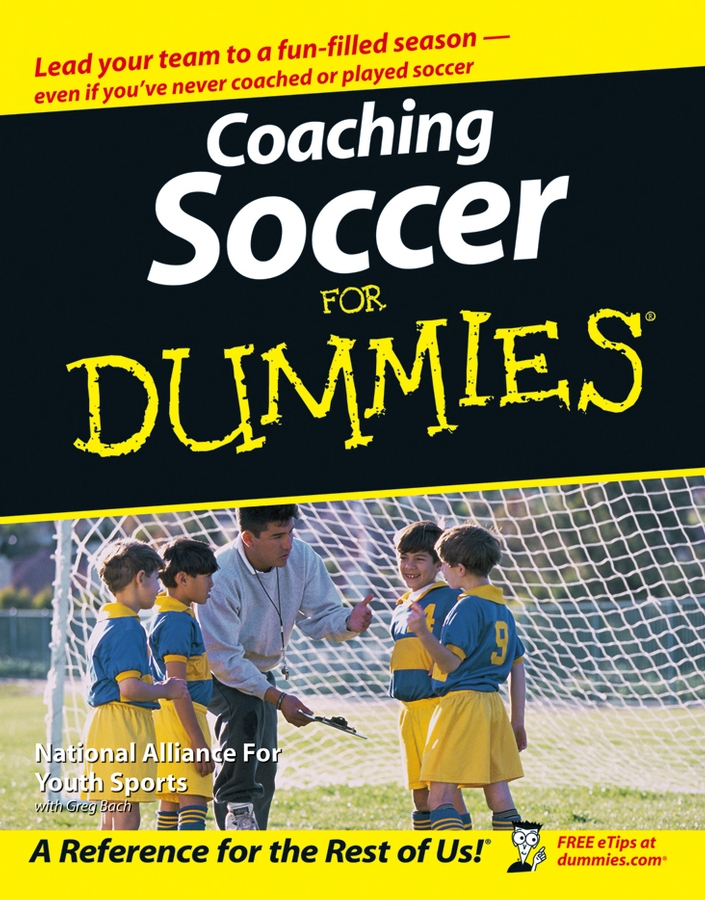
There are many rules that govern the pace of a soccer match. For instance, the clock counts down instead of up. Other sports use a clock which counts down to zero at each end of the period. But soccer's clock is never stopped. The skill and age of the players also influence the game's pace. Experienced players can play in half-time, while younger players may play in quarters. In some cases, time is added to compensate for certain circumstances, such as injury or foul.
Extra time in a soccer game
In soccer games, extra time is a period after the regular game has been played. These periods usually last about 15 minutes. These are used when scores are tied at the end of regulation time. A coin flip is used in order to determine which side has the ball at the end of each extra period. This is where soccer coaches make substitutions and give water.

Fouls during a soccer match
Fouls play a large part in soccer games. There are several types, but the most popular ones include pushing or pulling, charging, pushing or pulling, kicking, lunging or lunging, as well as tripping. The penalty for each foul is determined by the grading system. Most fouls result in a free kick. Unscrupulous fouls will usually be given a yellow warning. Excessive force tackles can get you a red card.
In a soccer game, there are numerous goalscoring opportunities
In a soccer game, goal-scoring opportunities occur during a variety of different situations. One example is when a player gets a free kick inside the penalty area. But his team must score within shooting distance. Sometimes, a player fouls an attacking player, leading to a penalty kick. This is when the play stops until the penalty kick occurs. The yellow or red card is given to the guilty player and they are sent off for the rest.
Professional soccer game rules regarding goals
The scoring rules for soccer are fairly simple. When the entire ball crosses over the goal line, it's considered a goal. It does NOT count if a ball touches the crossbar, goalposts, or any other obstacles. If it scores more goals than its opponent's, a team gets three points. A tie ends with a team earning one point. A team gets zero points if they lose the game.
Players in a soccer club
The players on a soccer team are divided into positions based on their skills. The type of tactics employed will affect the number and position of forwards. A typical game will see five forwards and two goalkeepers. Six other players can be found on the defense. The goalkeeper is one of these players. He is located directly in front. The goalkeeper protects the goal from being taken by the opposing team.

Rules
There are many different rules to a soccer game. The first is that players are not allowed to touch the ball or use their arms. If a player touches the ball with their hands, they are penalized. The other rules apply to kicking the ball with other body parts such as the head, thigh, and back. These are illegal, and the offending side is subject to a penalty kick.
FAQ
What is a corner kick in soccer?
Corner kicks are where the ball is kicked to the goal from the sideline of the field. These are typically taken by players who were playing on the wing of the pitch. The player takes the shot while running towards penalty box. Corner kicks are one of the most exciting parts of soccer because they lead to scoring opportunities.
What is a Goal Kick?
Goal kicks are when a player places a ball over the crossbar into the net. Goal kicks are sometimes called "golden chances." A good example of a golden opportunity would be a long-range shot that goes just wide of the goal.
What does the "A” in soccer mean?
The letter "A", which stands for Association Football is the official title of soccer. The game's name, association, comes from the fact it was created in England by Oxford University students.
Statistics
- Even with the new issuance, control of the club will be retained by the Glazer family as they will retain 67% of B shares which have voting power, so little will likely change in the general approach taken to the finances of the club. (sites.duke.edu)
- At the 2018 FIFA World Cup, Belgium playmaker Eden Hazard, renowned for being difficult to dispossess, set a World Cup record for successful dribbles completed in any World Cup game since 1966, with a 100% success rate in ten dribbles against Brazil.[10] (en.wikipedia.org)
- the estimated cumulative television audience for the 2006 World Cup in Germany was 26.2 billion, an average of 409 million viewers per match." (en.wikipedia.org)
- From the 1850s onward, industrial workers were increasingly likely to have Saturday afternoons off work, and so many turned to the new game of football to watch or to play. (britannica.com)
- the estimated cumulative television audience for the 2006 World Cup in Germany was 26.2 billion, an average of 409 million viewers per match. (en.wikipedia.org)
External Links
How To
How to improve soccer's passing
One of the most important skills in football is passing. This involves passing the ball between players while still having possession. To be successful, you must be able pass quickly and accurately.
To learn how to pass well you need to know the types of passes and where and when they should be taken. Practice them until you are comfortable with them. There are four main types of passes: through passes, long passes, through balls, and short passes. The goal of short passes is to move a ball forward. They are generally made at close range. Long balls are thrown in the direction of the opponent's penalty box. Through balls are thrown directly in the middle of a pitch. After that, through passes are made to another member of your team who plays the ball back towards your goalkeeper.
Keep it simple when passing the ball. Make sure your teammate has enough room before he gets it. If your teammate doesn't have enough room, he might lose his balance or fall and lose control of the ball. If you are playing defense, it is important to cover your teammates as much as possible. This will prevent your opponents from attacking you.
You should also remember that you shouldn't throw the ball away during a match. Throwing the ball away makes it harder to score because the opposing players could take advantage of your mistake. Look for opportunities and openings to score goals. If there are gaps in your defence, exploit them.
Playing better is possible by practicing daily. Try to do some drills to get yourself ready for the next match. You should warm up well before you start a game. Then, give your best during the game. Be calm and keep your head down. These things will help you perform better during a game.